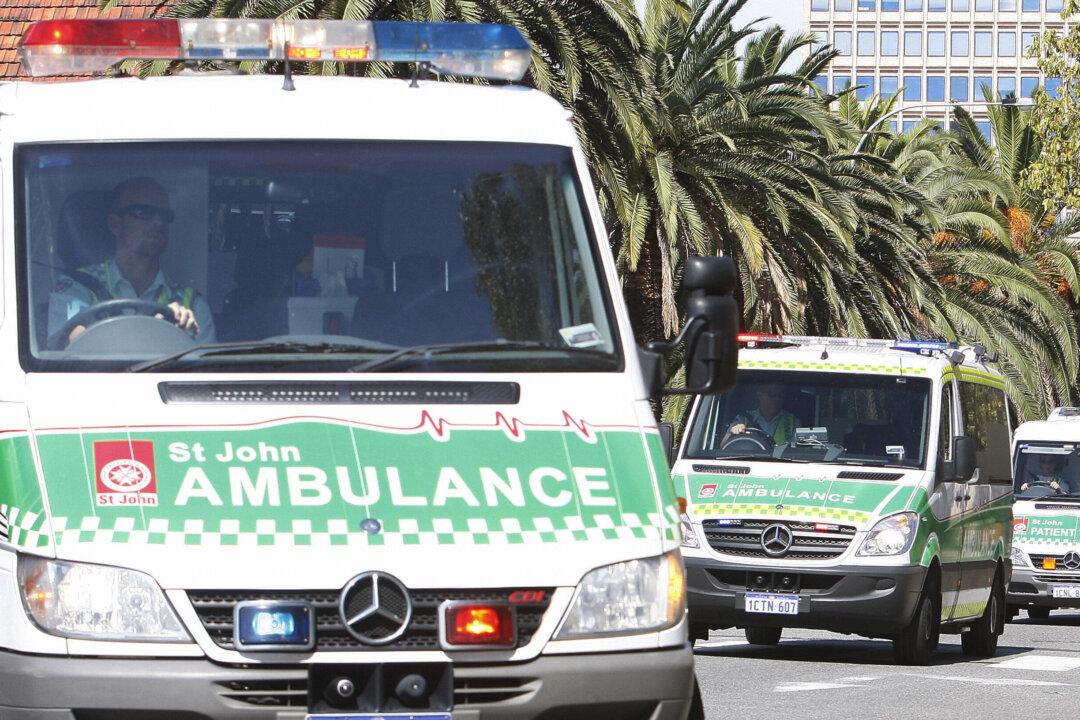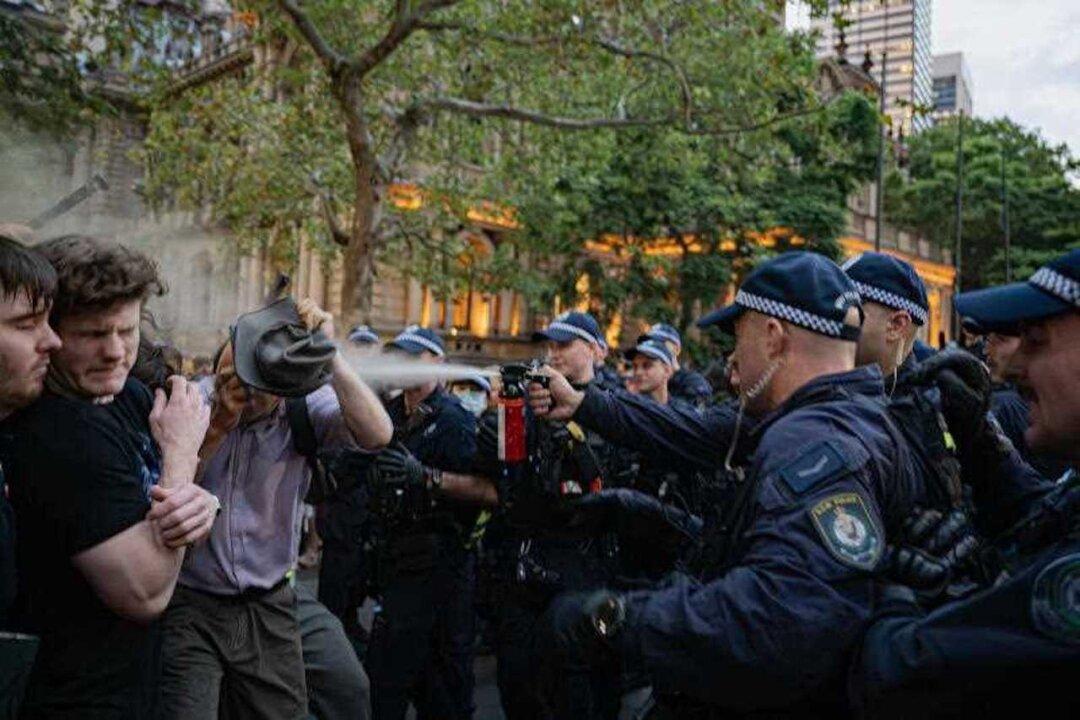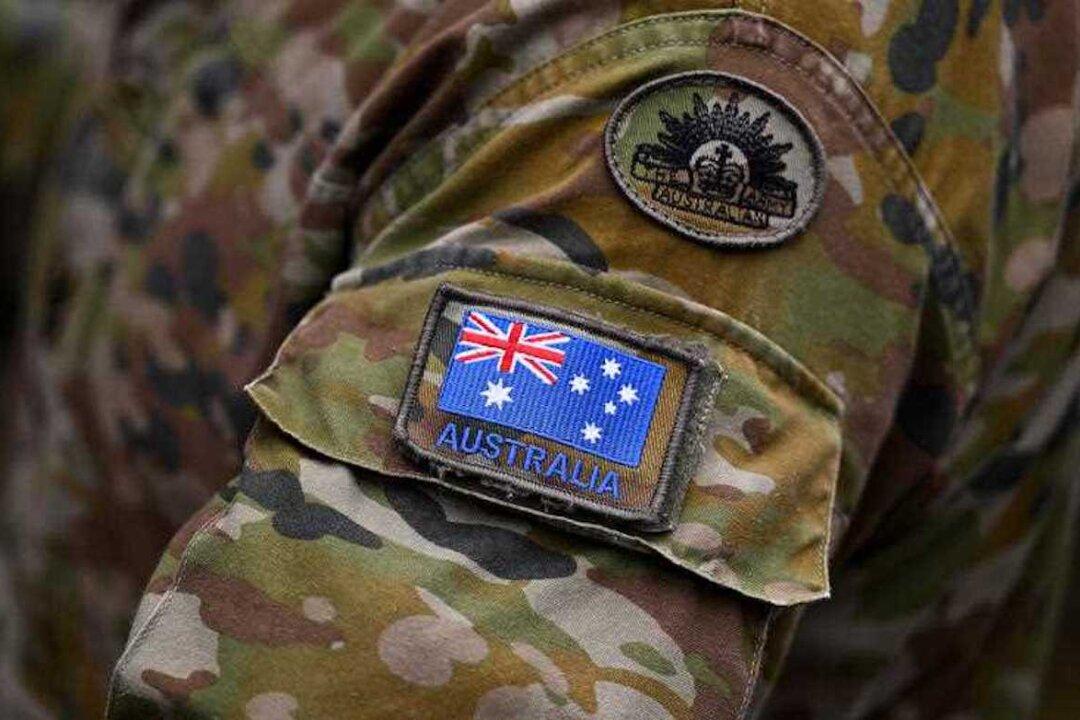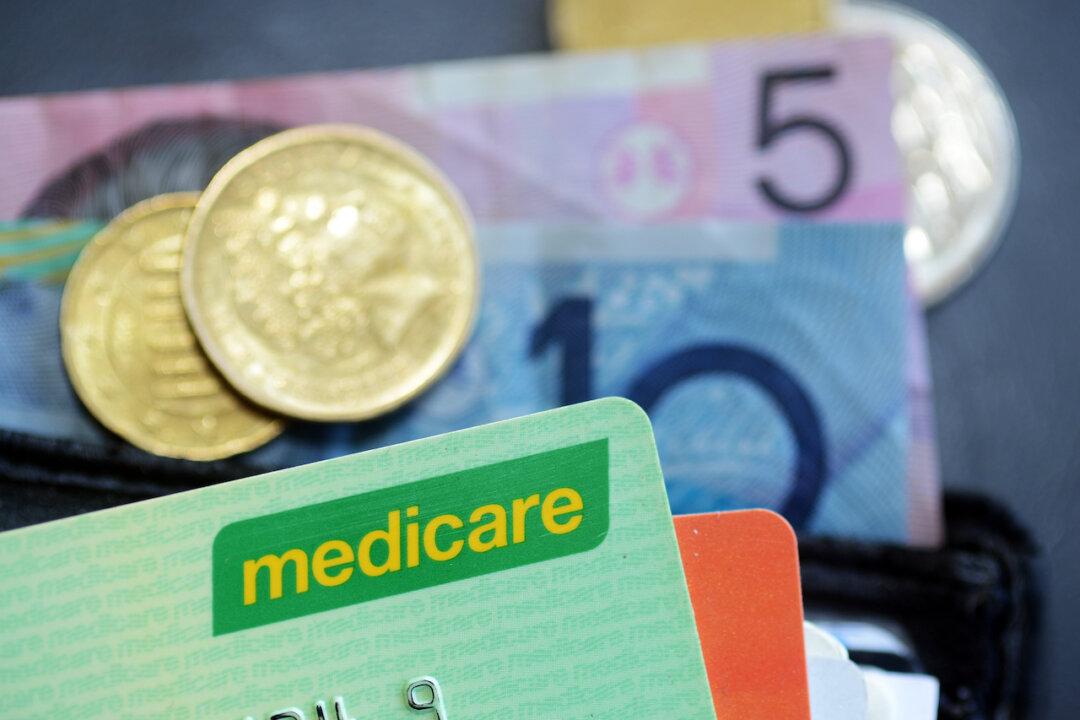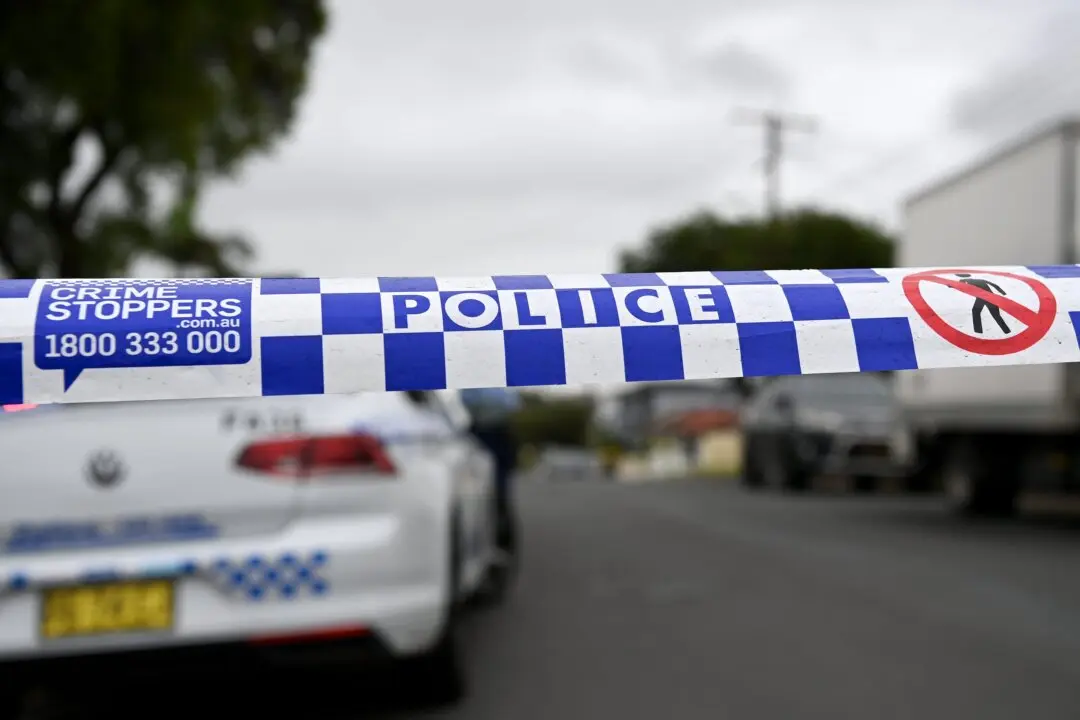Almost half of all patients waited more than half an hour in an ambulance before being admitted to a hospital in southeast Queensland in December.
Queensland Ambulance Service figures show ramping rose two percent to more than 46 percent of patients in the heavily-populated southeast between November and December 2021.
